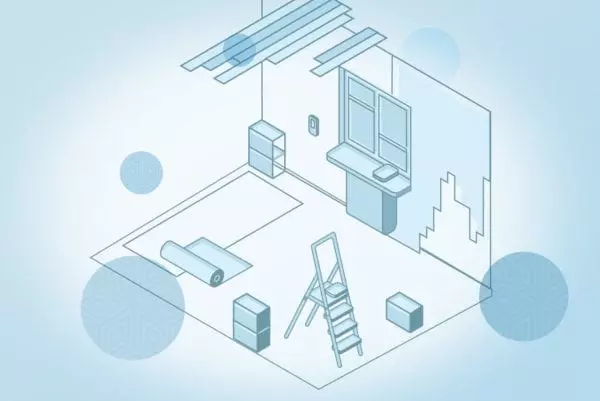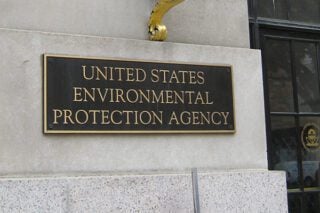In recent years, England has seen an increase in illegal tobacco products, many of which are tainted with asbestos. This increase is believed to be brought about by stricter smoking laws, which have banned ten-packs of cigarettes and smaller bags of roll-your-own tobacco.
It is estimated that approximately one in eight retailers are selling these illegal tobacco products. According to some estimates, as much as 32% of roll-your-own-tobacco and 13% of cigarettes are sold illegally in Britain.
According to former Detective Chief Superintendent Steve Wilkins, people buying the counterfeit cigarettes “may be getting more than they bargained for” because asbestos, mold, dust, dead flies, rat droppings, and human excrement have been discovered in the product.
Asbestos exposure is linked to mesothelioma cancer. Although smoking does not cause mesothelioma, smokers who are exposed to asbestos are significantly more likely to develop asbestos-related lung cancer.
Smoking weakens your lung tissue, decreases overall health, and increases mucus production—all of which can make it easier for asbestos to become embedded, cause inflammation, and lead to cancer.
Chronic exposure to smoking causes as many as 90% of lung cancers. In Britain, it causes two of every 100 deaths from lung cancer.
Throughout history, some companies have put filters on their cigs to alleviate the problems, but some of the filters used asbestos because of its fireproof qualities. Kent brand cigs used the deadly crocidolite asbestos in the 1950s.
Wilkins directs Japan Tobacco International (JTI) and says the cheap, illegal tobacco use is damaging local communities. JTI research shows 28% of London smokers have been offered illegal tobacco in the last 12 months and 41% bought cigs out of the country and sold them to friends or family illegally in England.
The stricter laws also increased the cost of cigs. JTI found 58% of smokers bought the illegal product because they wanted to save money.
“This increase in sales of illegal tobacco is no surprise. When there is just one standardized format, packets become much easier to replicate, as demonstrated in Australia when the introduction of plain packaging led to there being more counterfeit tobacco available than ever before,” said Director General of the Institute of Economic Affairs Mark Littlewood.
“The tobacco product directive introduced a number of measures, including minimum pack sizes. HM Revenue and Customs (HMRC) recognizes that such changes may have an impact on the UK tobacco market and associated fraud risks,” said a spokesman for HMRC. “HMRC and Border Force strategy to tackle tobacco smuggling will adapt to changes in risk, as it has successfully done for many years.”
“Not only can illegal tobacco often contain dangerous, unregulated ingredients that cause serious health issues, they also lead to significant losses to the Treasury,” warned Littlewood.





